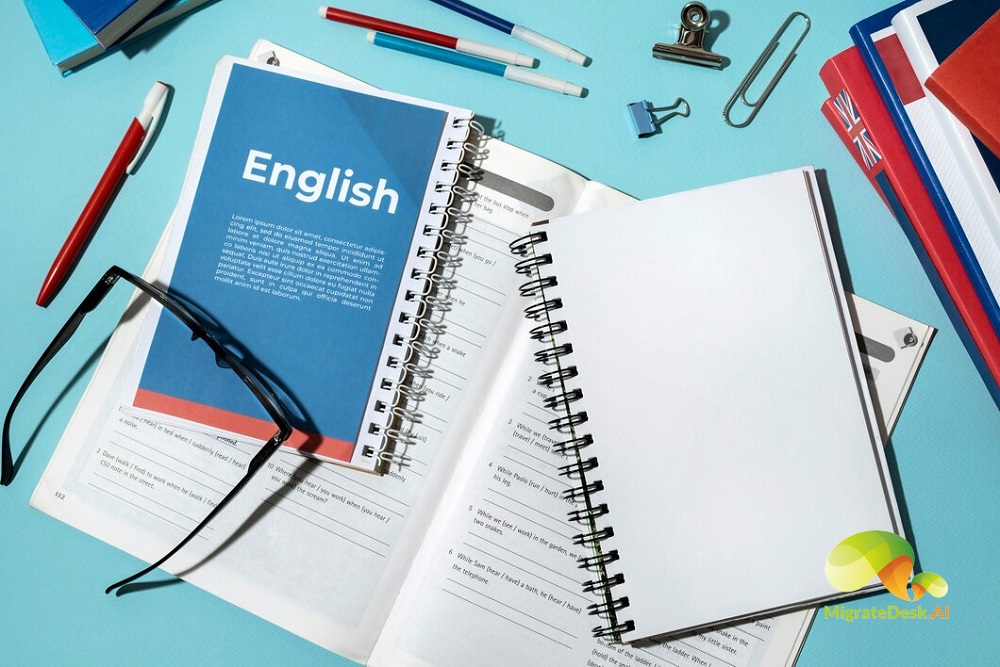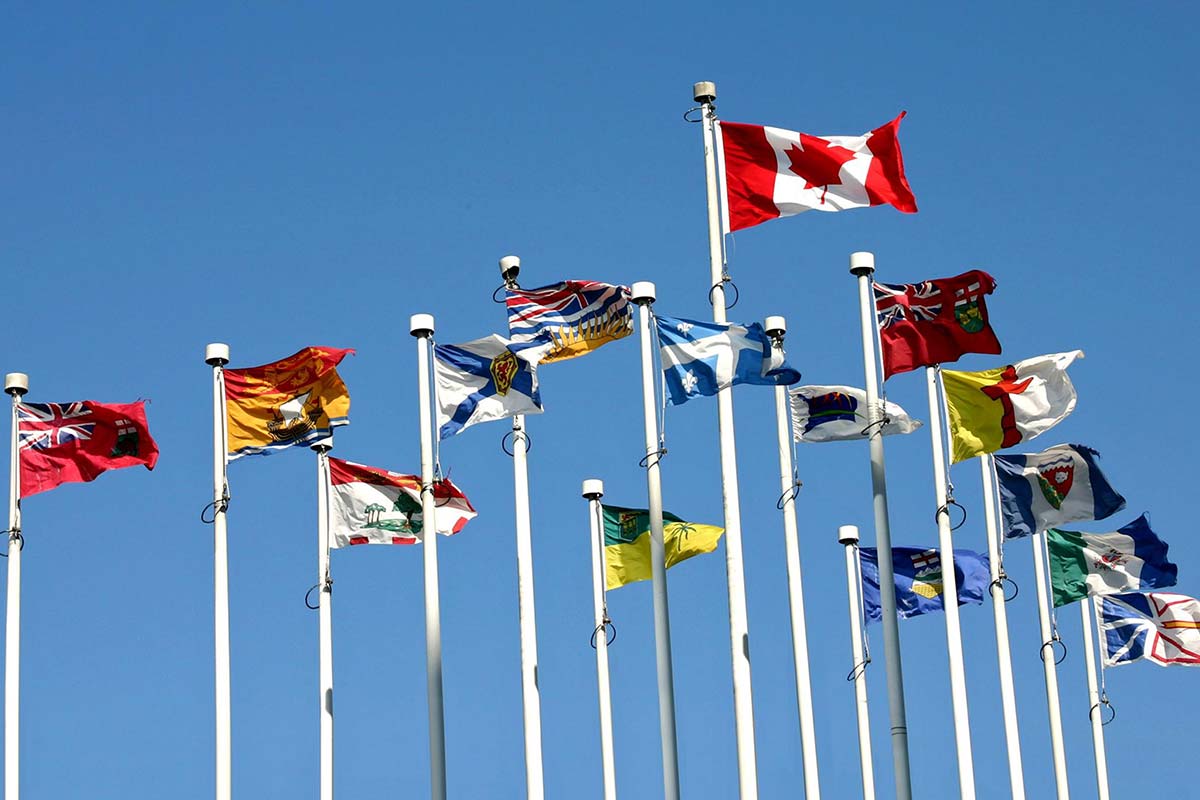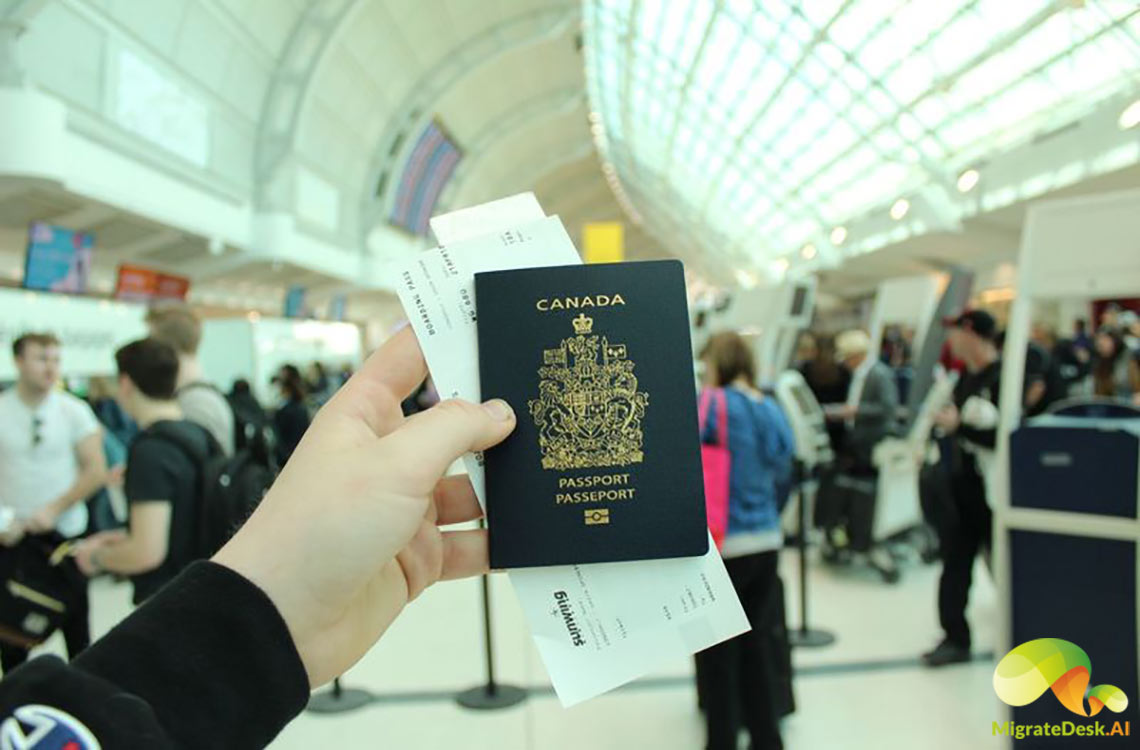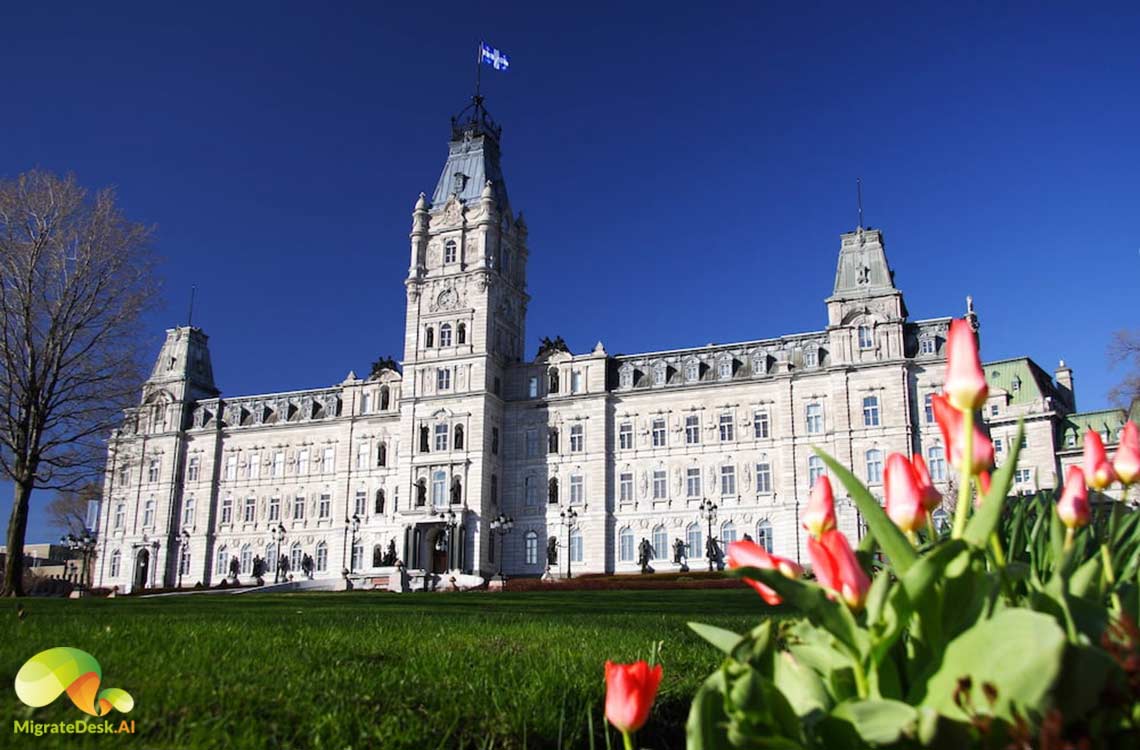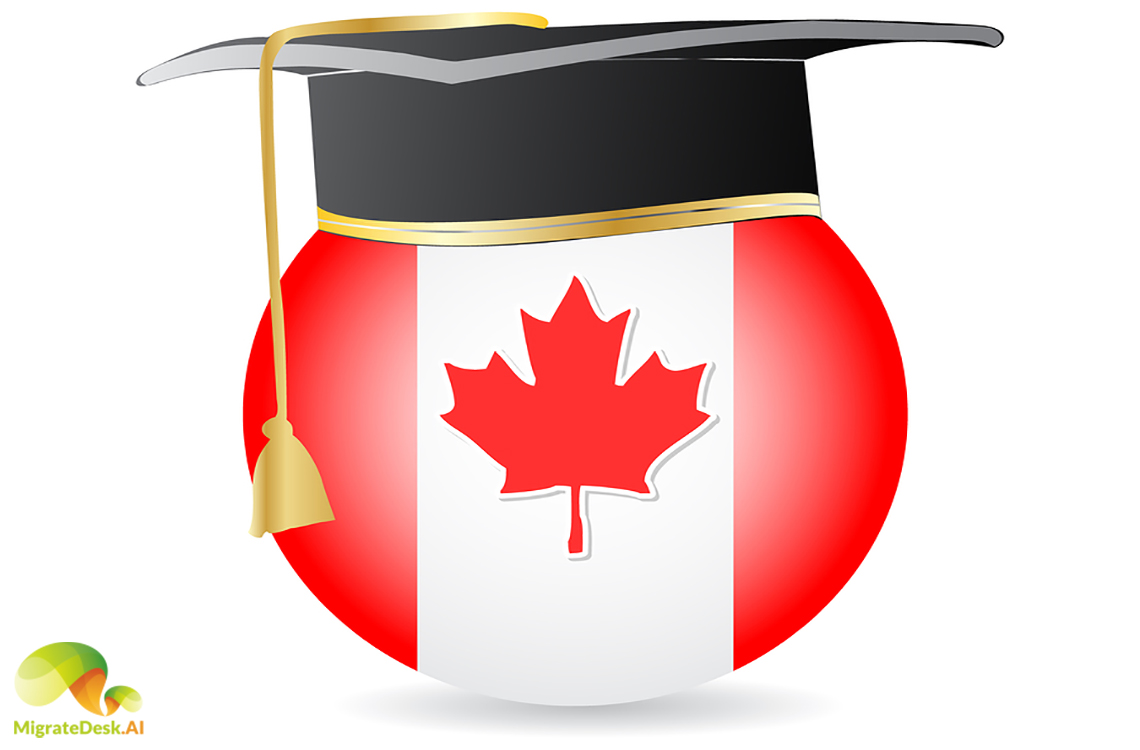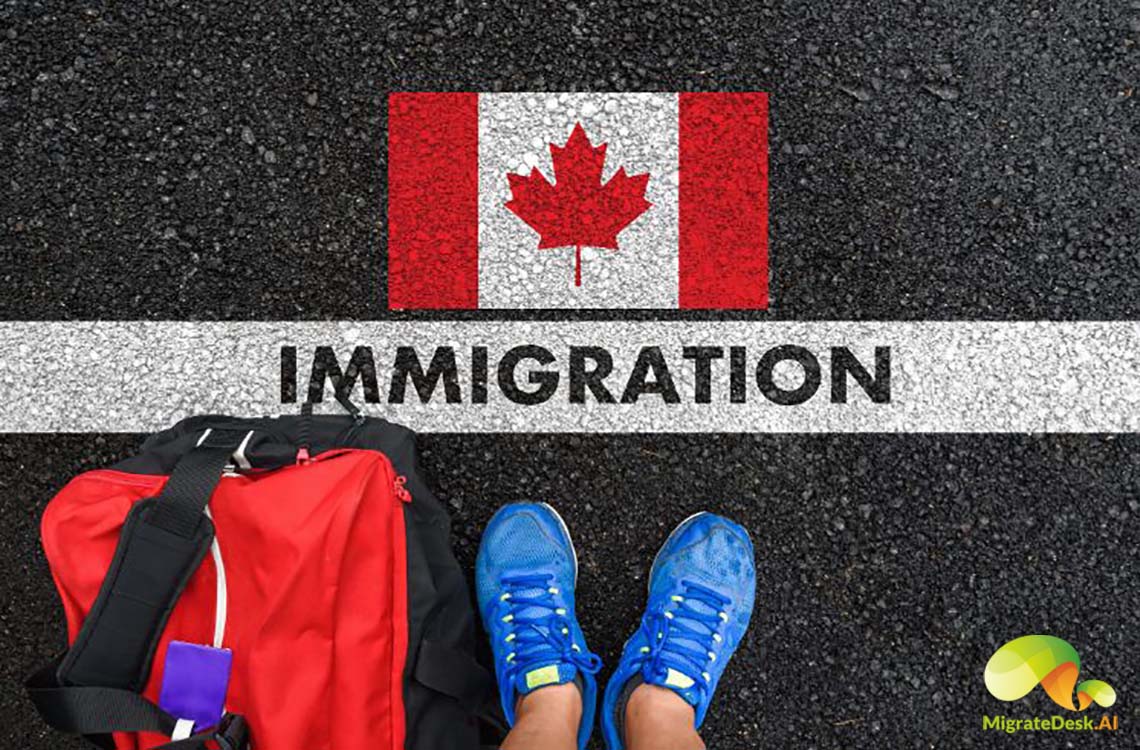Blog
Introduction Embarking on a journey to immigrate to Canada is a significant decision filled with excitement and anticipation. However, the immigration process …
Introduction Language proficiency plays a crucial role in the Canadian immigration process, affecting various aspects of settlement, integration, and success in the …
Introduction Congratulations on taking the first step towards building a new life in Canada! As a new immigrant, navigating the settlement process …
Introduction In recent years, Canada has become a highly sought-after destination for immigrants seeking new opportunities and a high quality of life. …
Canada offers multiple pathways for skilled workers to immigrate, each with its own set of requirements, processing times, and benefits. While the …
Canada is an immigrant country for a variety of reasons, including its low population and large size. Existence of different job positions, …
The Quebec Investment Program is a Canadian permanent residency program for business owners without a language degree, without a commitment to start …
Canada’s self-employment program includes people with a background in sports, culture and the arts. Applicants must have the intention and ability to …
As you know, Canada is a very large country with prestigious universities, so it attracts a lot of students to immigrate. Applicants …
Progress has always been one of the most important concerns of people because it makes a lot of changes in people’s lives …
To begin with, you should know that immigration to Canada has different conditions. So you have to find the right way for …
Studying in Canada has become very popular in recent years. You should know that studying in this country has different conditions, but …


